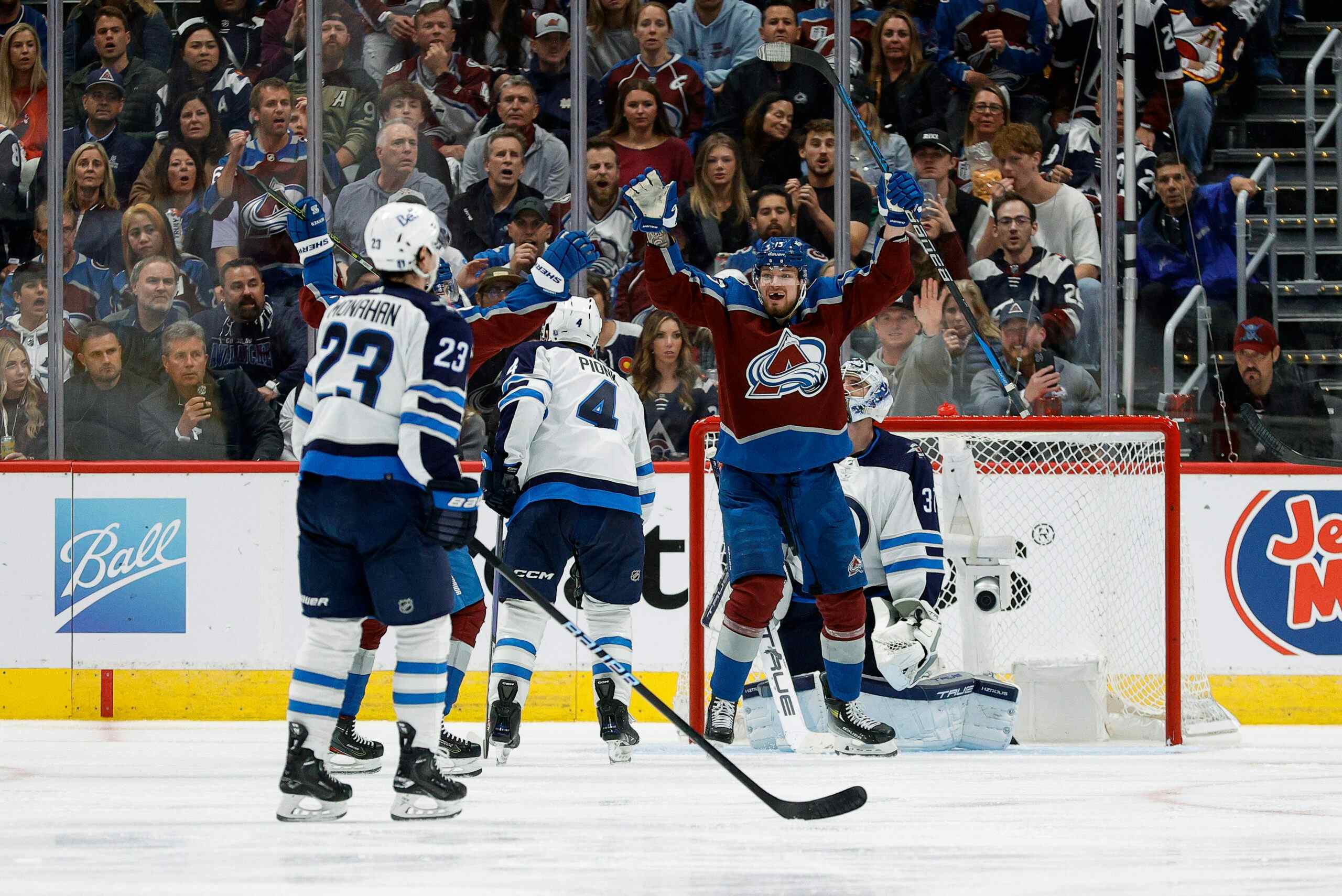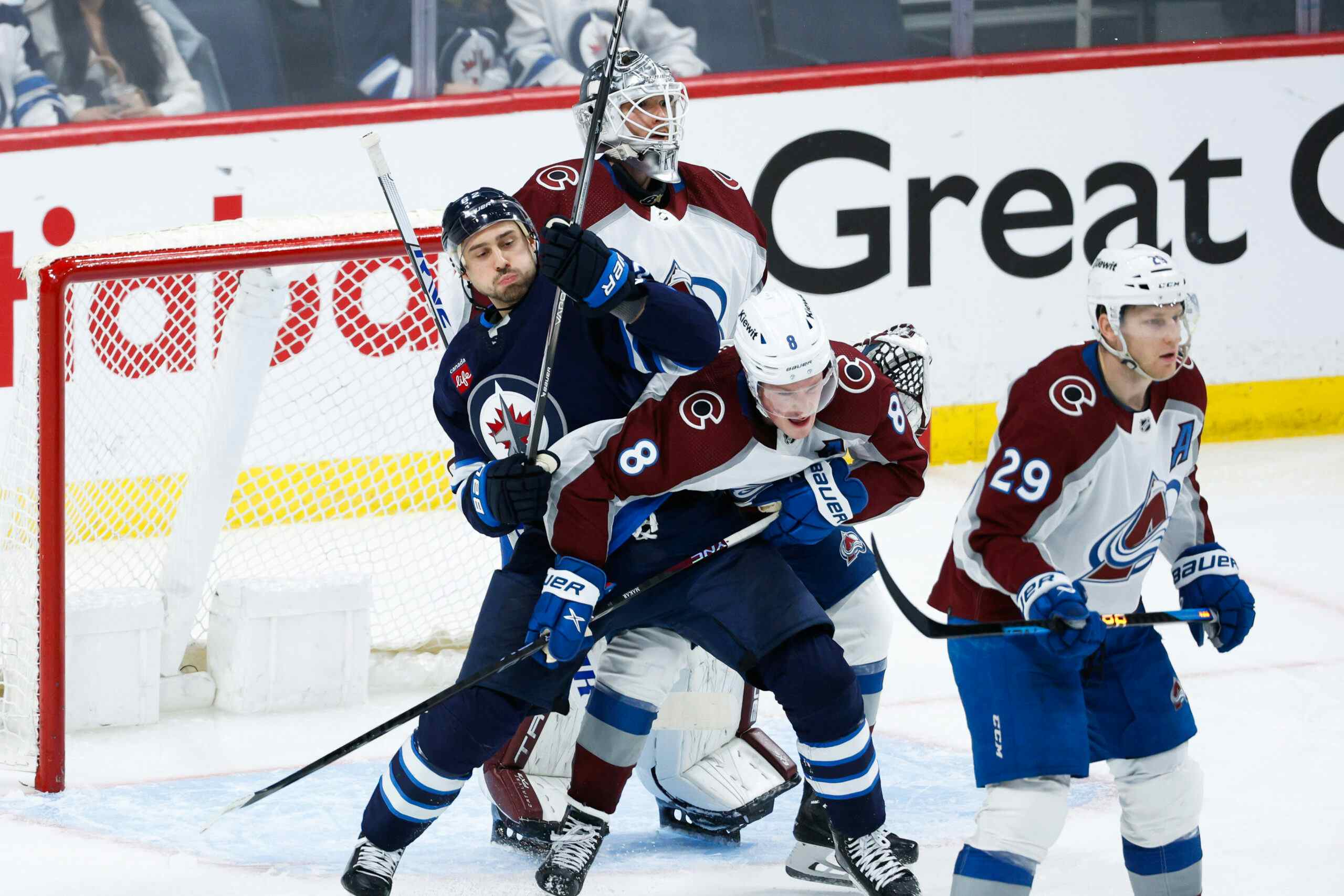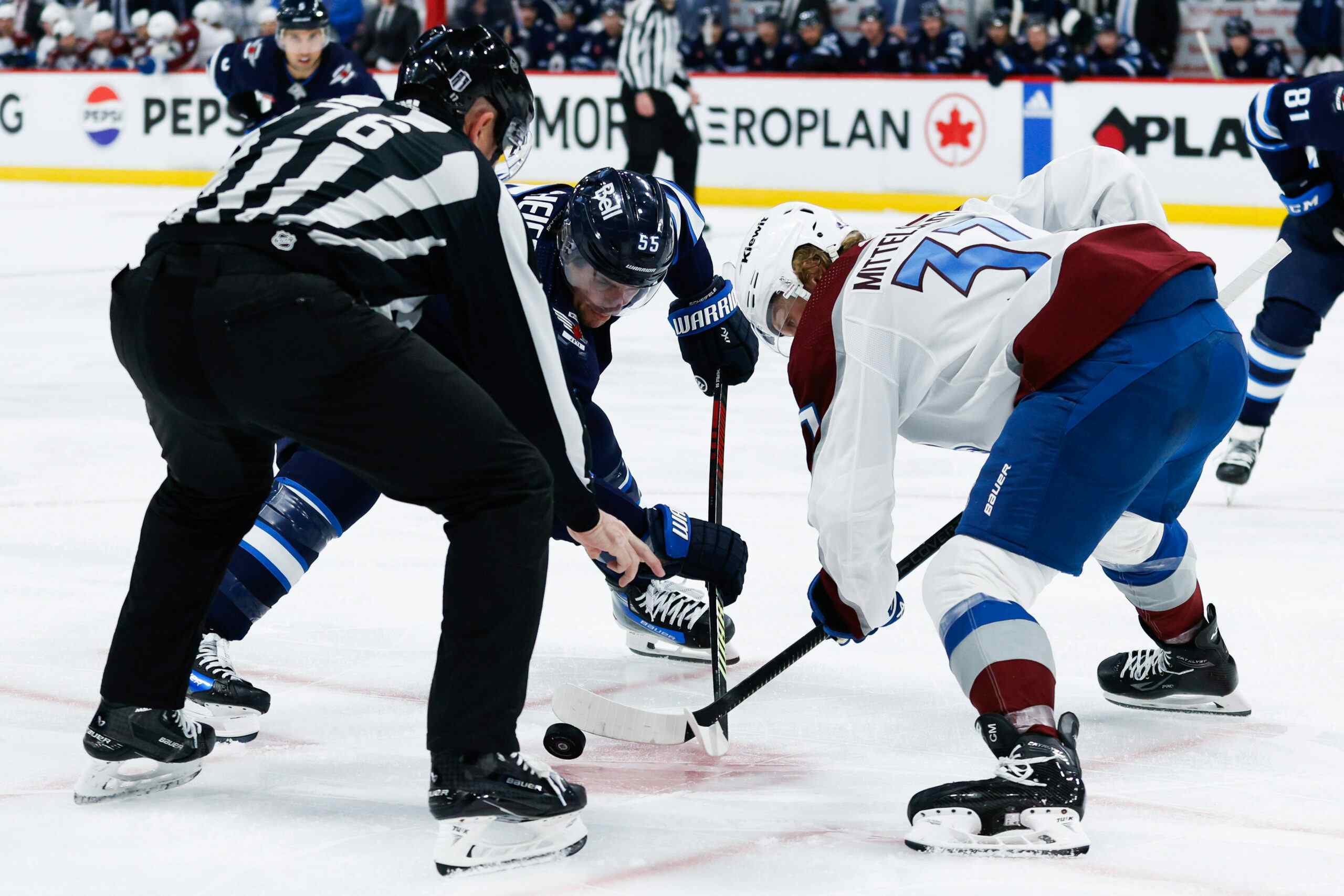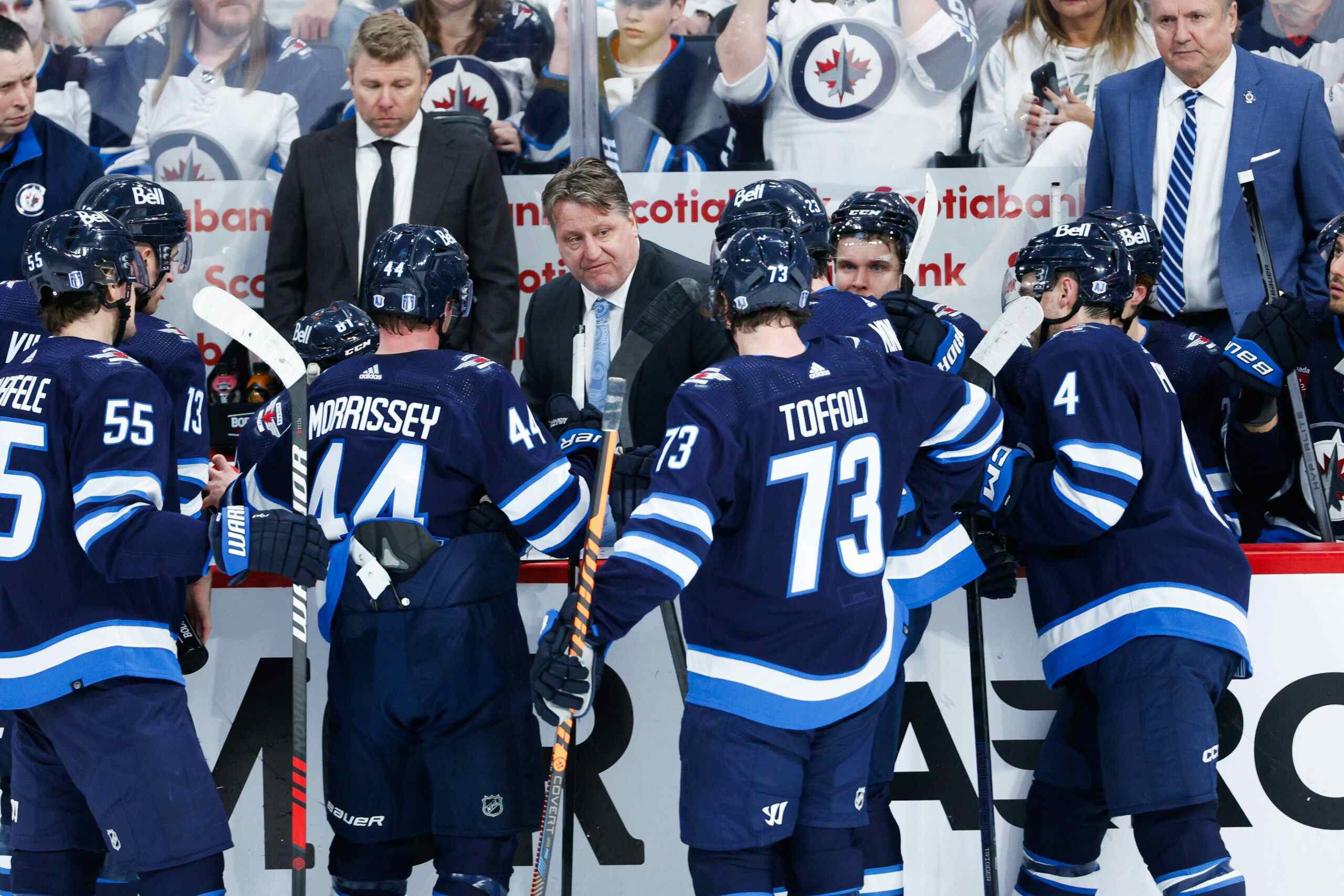Report: Patrik Laine To Do The Thing Most RFA’s Do And “Explore His Options”

According to a report by Dave Pagnotta of The Fourth Period, Patrik Laine is “willing to explore all of his options” once he officially becomes a restricted free agent on July 1.
“Multiple sources close to the situation have told TFP Editor-in-Chief David Pagnotta that Laine is willing to explore all of his options and that includes the possibility of signing an offer sheet with another club or asking for a trade. Pagnotta reported the news on Saturday afternoon during “Off The Rush” on NHL Network Radio on SiriusXM.”
In other words, Laine is going to do the thing that all restricted free agents do, have every right to do and should do when they become restricted free agents: Use the very limited resources available to them to try and not get completely hosed out of his next contract.
Since the Jets have a handful of RFAs this summer (as they seem to do every summer) let’s so a quick review the whole restricted free agent process…
Restricted free agents in the NHL don’t have a whole lot of negotiating power. Typically an RFA is a younger player who is still developing and hasn’t realized his full potential, so teams will try to sign them on the cheap and hope that in the years that they’ve signed him, that player does out-perform what his contract is worth and that they end up getting a bargain signing. It’s also why players in their Entry Level Contracts are also considered valuable, especially if they are a top rookie. In either case, a team is hoping to get top line production for the price of a fourth liner’s salary.
And unlike unrestricted free agents where 31 teams can freely bid for a player’s services without having to worry about paying an extra price beyond the players contract, teams who sign an RFA who’s rights belong to another team will have to worry about draft pick compensation for that team.
In simple terms, if another team other than the Winnipeg Jets does sign Patrik Laine to a contract this summer, they will owe the Jets draft picks and depending on the deal, if the average yearly salary is over $4.22 million a season then multiple picks including first round picks start to be involved.
If all of that isn’t enough of a deterrent for teams to offer sheet RFAs, the fact that every team and every GM has RFAs to deal with means there could be “retaliation” signings – or if you’re Kevin Lowe, there could be Brian Burke trying to fight you in a barn.
The last RFA to sign an “offer sheet” was Ryan O’Reilly back in 2013 when he was an RFA with the Colorado Avalanche and the Flames attempted to sign him to a two year, ten million dollar contract. The Avalanche “matched” that offer (yes, another deterrent: the teams that own the RFA rights can simply say “ok, we agree to that deal, thanks for doing the negotiating work for us!”) and retained O’Reilly’s services. The last team to decline matching an offer sheet was the Anaheim Ducks who let Dustin Penner go to the Edmonton Oilers in 2007 and got back three draft picks (a first, second and third round) for the 08 draft.
Fun little side note: those three picks in 2008 ended up being Tyler Myers at number 12 in the first round (Anaheim traded the pick to Buffalo), Justin Schultz in the second round at pick 43, and Kirill Petrov (who was an Islanders selection thanks to that pick switching hands multiple times) at number 73 in the third round.
All of those headaches make NHL teams hesitant to sign RFAs to offer sheets which then takes away a major part of the negotiation process. Patrik Laine’s agent can’t rely on other teams to help drive up the asking price for his client like they could if he was unrestricted.
In short, teams that have restricted free agents have most of the negotiating power on their side. The options an RFA has to get the most out of his deal are limited – oh, and they have until the end of November to sign a deal, or be forced to miss an entire season of hockey as the NHL has set a deadline that RFA’s need to be signed by. (More deterrents and restrictions!)
Really, the only course of action players and their agents have is to threaten “the possibility” of getting another team to sign, or ask for a trade out which as we’ve seen with one Jacob Trouba doesn’t exactly lead to a whole lot of anything either.
Sure, there is a chance that Patrik Laine might not be a Winnipeg Jets after this summer, but it’s a small one and the idea he might not be one is based on a lot of hearsay and speculation as The Fourth Period ‘report’ clearly was. It would require outright bad faith negotiating by the Jets and/or unreasonable contract demands by Laine’s camp. It’s not out of the realm of possibility that Laine’s negotiating goes so bad that like Trouba, he requests a trade – but that’s also not usually how these things play out.
To sum up, it’s June and it’s not time to worry about a Laine departure just yet. It’s just another example of the NHL’s rather absurd restricted free agency process playing out.
Recent articles from Art Middleton





